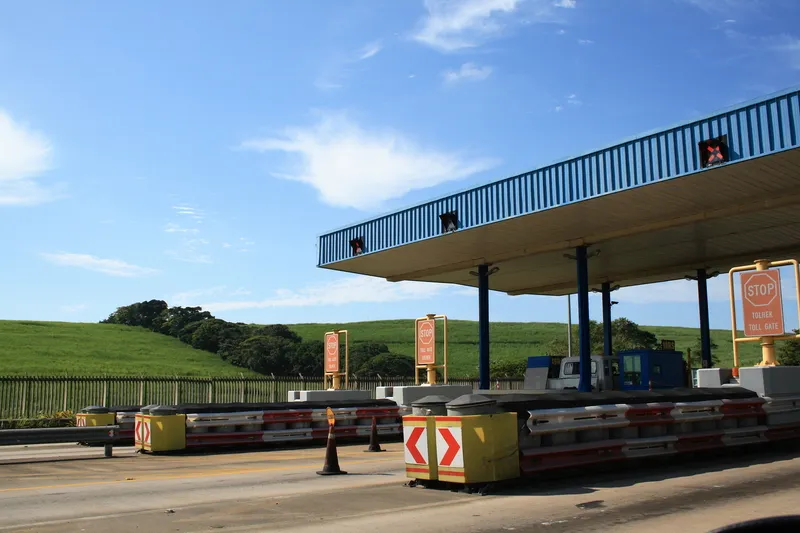Private sector players are interested in US$45.8 billion of infrastructure concession projects planned as part of the second round of the country's logistics improvement program PIL.
According to planning minister Nelson Barbosa, who said each of the concessions had attracted the attention of at least two potential bidders, the government was working to award tenders based on the highest canon payment offered as opposed to the lowest tariff and to reduce the 49 per cent participation of national airport
June 22, 2015
Read time: 2 mins
Private sector players are interested in US$45.8 billion of infrastructure concession projects planned as part of the second round of the country's logistics improvement program PIL.
According to planning minister Nelson Barbosa, who said each of the concessions had attracted the attention of at least two potential bidders, the government was working to award tenders based on the highest canon payment offered as opposed to the lowest tariff and to reduce the 49 per cent participation of national airport authority Infraero in airport concessions.
The transport ministry is planning 15 federal highway concessions worth around US$16.1 billion in total. Four tenders valued are expected to be awarded by year-end, and 11 are planned for 2016.
Based on the lowest tariff to be charged, tenders for this year's four phase one projects are nearly ready to be launched and expressions of interest for feasibility studies for the 11 phase two projects are due on 10 July.
A total of US$3.9 billion is earmarked for new port concessions, which have been split into two sections, one for 29 areas to be launched this year and the second for 21 terminals at various ports, to be launches during the first half of 2016.
Expressions of interest for the development of feasibility studies to prepare four upcoming international airport concessions worth a total of US$2.7 billion are due on 29 June. The federal audit court TCU expects to finalise approvals in the first half of 2016 and concession tenders, which would be awarded based on the highest canon payment offered, should be launched by March.
Brazil is also preparing five railway concessions valued at US$22.7 billion. The country’s transport ministry will shortly be launching an expression of interest phase to develop an updated concession model to r4eplace the current open-access model.
According to planning minister Nelson Barbosa, who said each of the concessions had attracted the attention of at least two potential bidders, the government was working to award tenders based on the highest canon payment offered as opposed to the lowest tariff and to reduce the 49 per cent participation of national airport authority Infraero in airport concessions.
The transport ministry is planning 15 federal highway concessions worth around US$16.1 billion in total. Four tenders valued are expected to be awarded by year-end, and 11 are planned for 2016.
Based on the lowest tariff to be charged, tenders for this year's four phase one projects are nearly ready to be launched and expressions of interest for feasibility studies for the 11 phase two projects are due on 10 July.
A total of US$3.9 billion is earmarked for new port concessions, which have been split into two sections, one for 29 areas to be launched this year and the second for 21 terminals at various ports, to be launches during the first half of 2016.
Expressions of interest for the development of feasibility studies to prepare four upcoming international airport concessions worth a total of US$2.7 billion are due on 29 June. The federal audit court TCU expects to finalise approvals in the first half of 2016 and concession tenders, which would be awarded based on the highest canon payment offered, should be launched by March.
Brazil is also preparing five railway concessions valued at US$22.7 billion. The country’s transport ministry will shortly be launching an expression of interest phase to develop an updated concession model to r4eplace the current open-access model.










